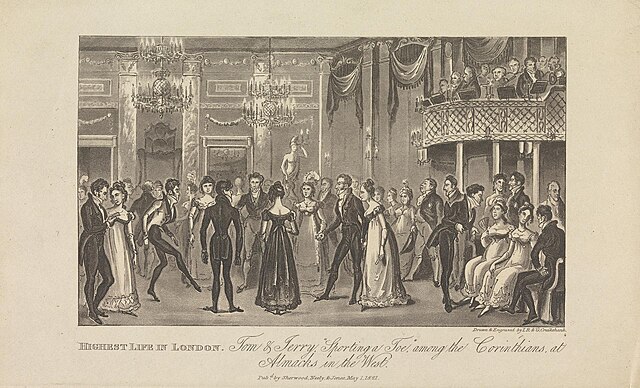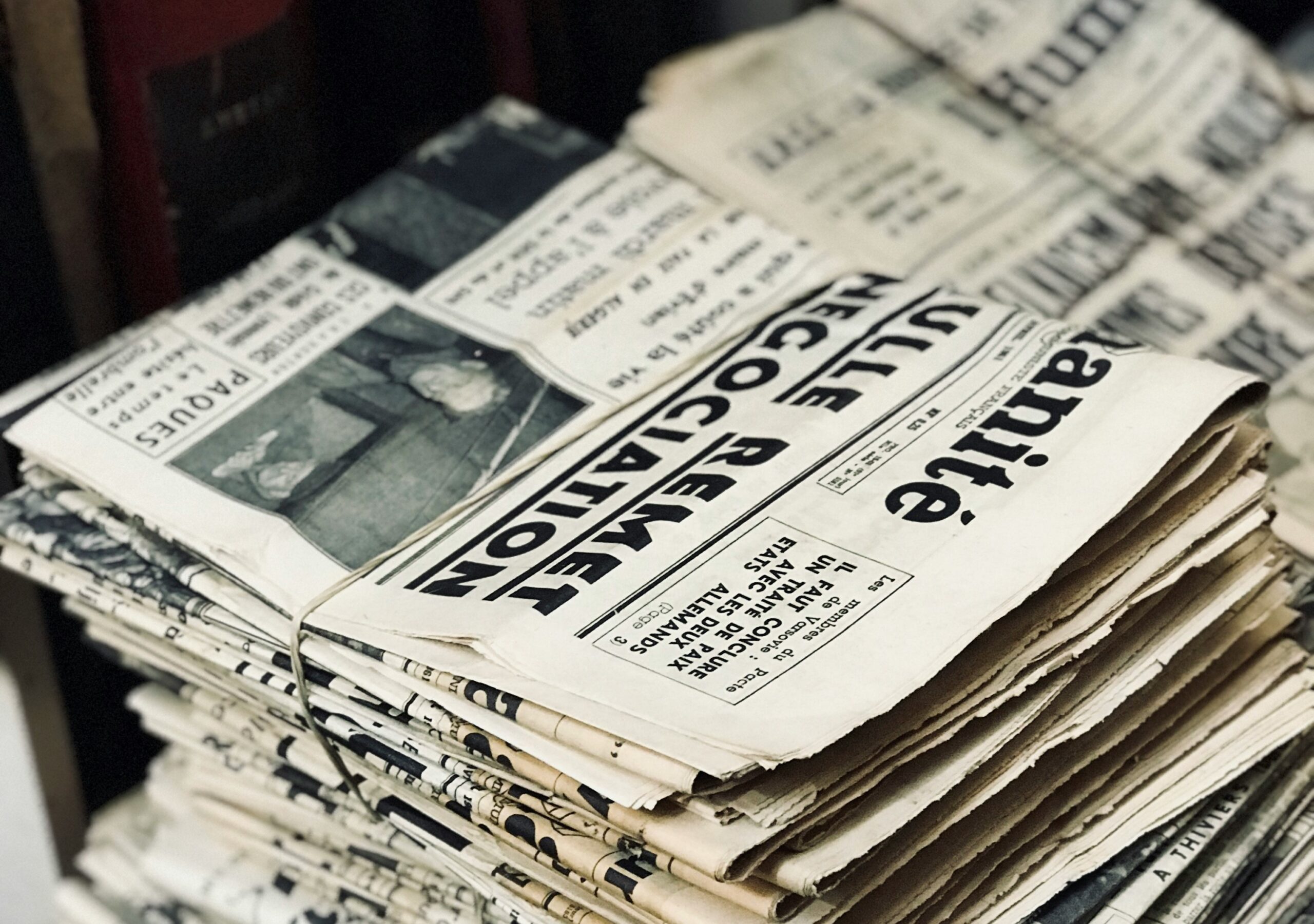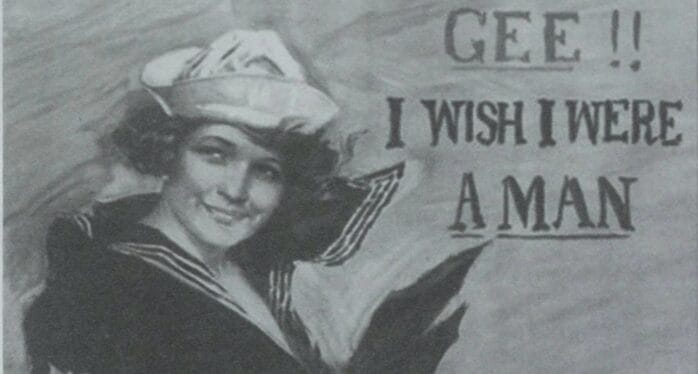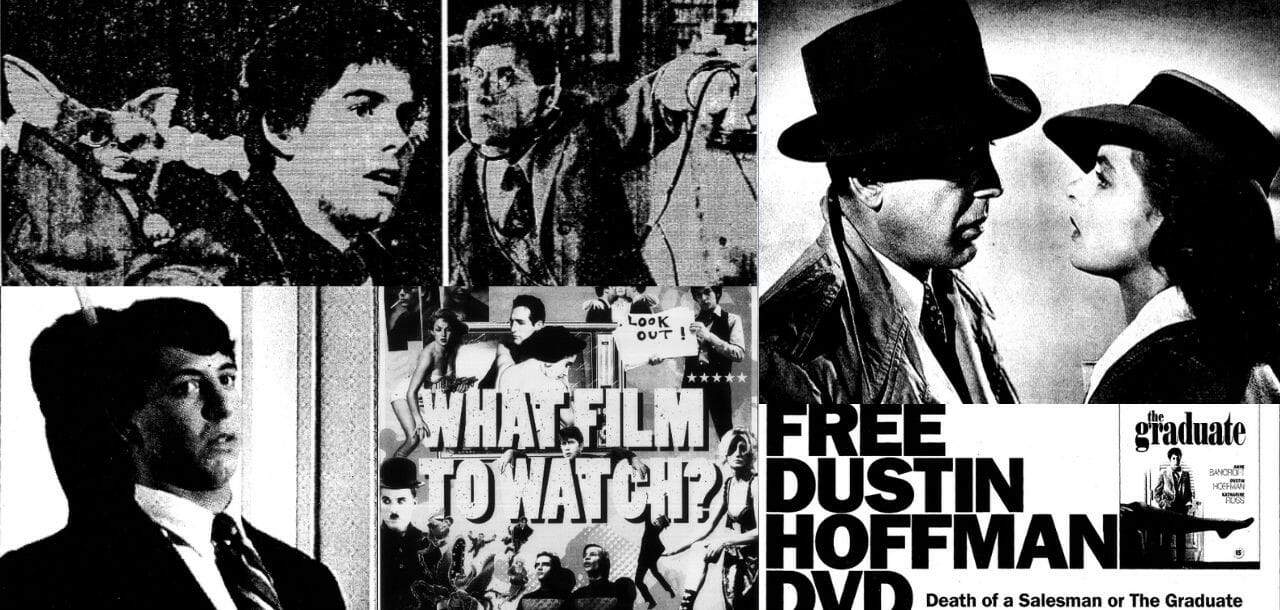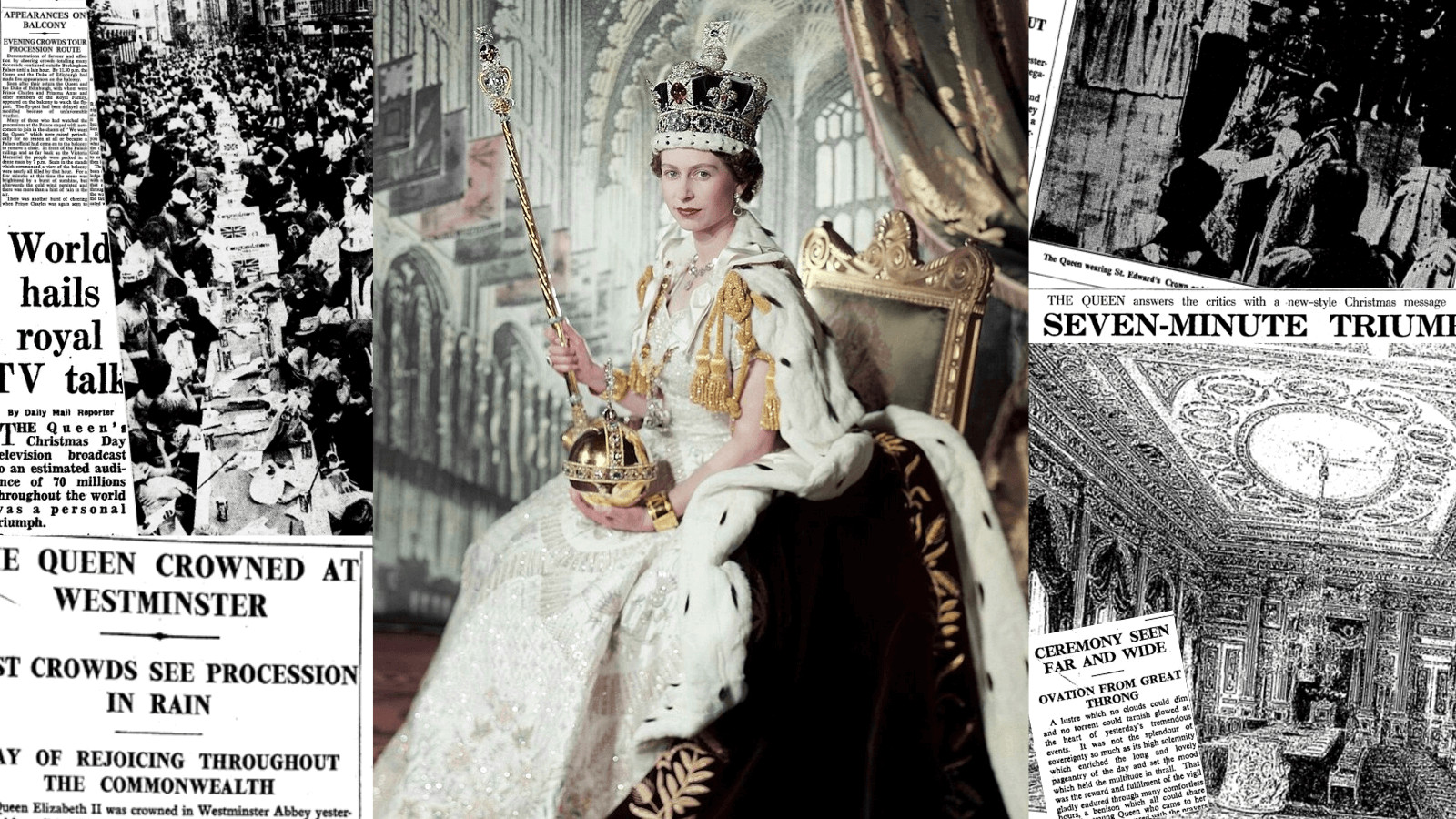│By Megan Harlow, Gale Ambassador at Durham University│
It is a truth universally acknowledged that Regency fashion has become a cultural touchstone, romanticised amid the contemporary resurgence of early nineteenth-century period dramas. The global reception of Bridgerton (2020–), alongside the proliferation of the ‘Regencycore’ aesthetic, exemplifies the symbiotic relationship between historical narrative engagement and a renewed preoccupation with sartorial historiography, positioning fashion as a dynamic site of aesthetic and ideological negotiation.
Yet, as screen portrayals negotiate between historical fidelity and modern sensibilities, they often obscure the constructed nature of costume, selectively resurrecting aspects of the past while neglecting the intricate social, political, and economic meanings embedded in dress.
Drawing on Gale Primary Sources, this analysis interrogates how Regency fashion was originally represented and how its legacy is reshaped in adaptation. Ultimately, questioning what histories are made visible through costume, and what is strategically forgotten, highlighting the historiographical implications of fashion in contemporary media.

